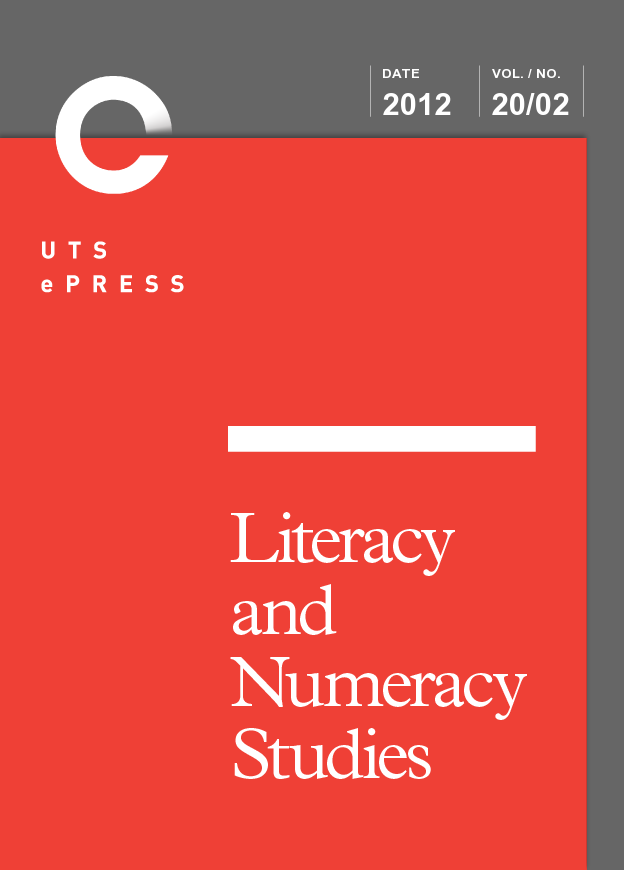Health Numeracy Confidence among Racial/ Ethnica Minorities in HINTS 2007: Sociodemographic, Attitudinal, and Knowledge Correlates
Main Article Content
Abstract
Health numeracy skills help people interpret health risks, and make effective medical decisions. Lower health numeracy confidence was observed for blacks and Hispanic groups than whites. Little is known about the important factors that explain racial differences in health numeracy confidence. For this study, we used a nationally representative, cross-sectional data sample of 4,610 U.S. adults from the National Cancer Institute’s 2007 Health Information National Trends Survey. Bivariate (Chi-squares) and multiple logistic regression analyses were conducted to identify the contribution factors that predict health numeracy confidence.Non-linear Fairlie decompositions were used to quantify the factor contributions to racial differences in health numeracy confidence. The priority rankings of the important factors to explain the health numeracy confidence racial and ethnic disparities are different depending on the particular racial and ethnic group. Diverse, culturally appropriate approaches are needed to improve numeracy confidence for specific racial and ethnic groups.
Article Details
Issue
Section
Authors who publish with this journal agree to the following terms:
a) Authors retain copyright and grant the journal right of first publication with the work simultaneously licensed under a Creative Commons Attribution License that allows others to share and adapt the work with an acknowledgement of the work's authorship and initial publication in this journal.
b) Authors are able to enter into separate, additional contractual arrangements for the non-exclusive distribution of the journal's published version of the work (e.g., post it to an institutional repository or publish it in a book), with an acknowledgement of its initial publication in this journal.
c) Authors are permitted and encouraged to post their work online (e.g., in institutional repositories or on their website) prior to and during the submission process, as it can lead to productive exchanges, as well as earlier and greater citation of published work (See The Open Access Citation Advantage Service). Where authors include such a work in an institutional repository or on their website (ie. a copy of a work which has been published in a UTS ePRESS journal, or a pre-print or post-print version of that work), we request that they include a statement that acknowledges the UTS ePRESS publication including the name of the journal, the volume number and a web-link to the journal item.
d) Authors should be aware that the Creative Commons Attribution (CC-BY) License permits readers to share (copy and redistribute the work in any medium or format) and adapt (remix, transform, and build upon the work) for any purpose, even commercially, provided they also give appropriate credit to the work, provide a link to the license, and indicate if changes were made. They may do these things in any reasonable manner, but not in any way that suggests you or your publisher endorses their use.
